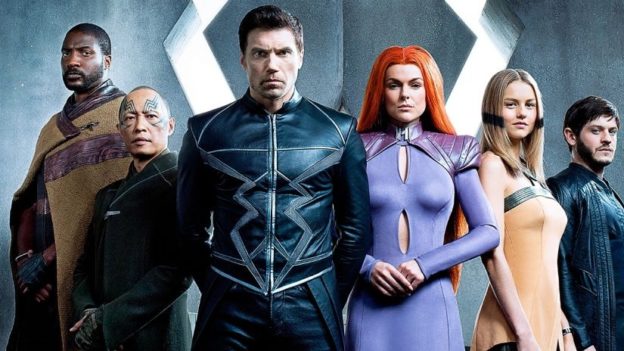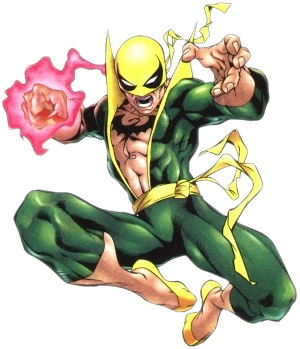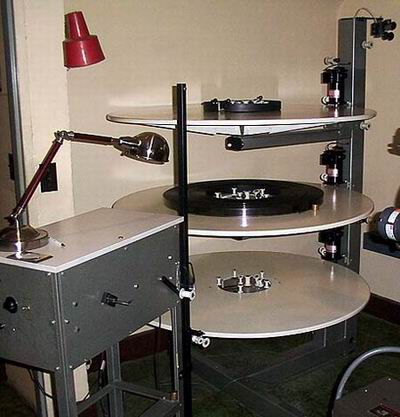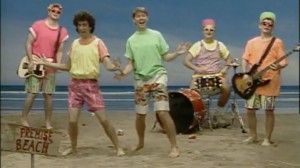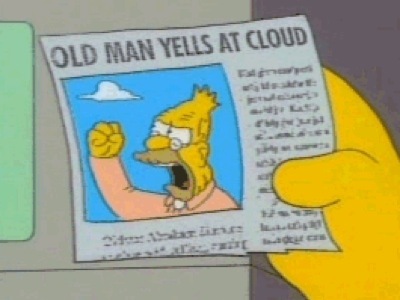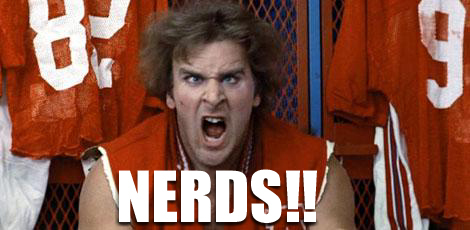Comic book TV is everywhere these days, and it’s happening all year. So I’ll hand out awards and rankings in June, but in the meantime, we’ll be reviewing shows one by one as they wrap up.
This instalment: what happens when the showrunner of Iron Fist doesn’t try so hard.
Short version: If you are watching Inhumans, then stop.
Premise
Behold, the Inhumans! Created centuries ago by the Kree (this is not specifically explained on the show), the Inhumans live on the far side of the moon, safe from the prying eyes of the humans below. Well, except for all of those Inhumans that lived in the secret village we saw in season two of Agents of SHIELD, who are never mentioned, and all of the new Inhumans that have been springing up in seasons three and four of Agents of SHIELD, who are begrudgingly acknowledged and a couple of whom even make appearances… but no mention of the government agency that worked so closely with them before ending up in space at the end of their last season.
So, like season two of Agent Carter, Inhumans continues the trend of other ABC shows being the only Marvel properties willing to very, very vaguely reference events on Agents of SHIELD. As little as they can get away with. Which… you know, Agents of SHIELD has been Marvel’s best TV show since Daredevil stopped trying halfway through season two, so maybe… whatever.
The Inhumans use a process called Terrigenesis to unlock their true selves, which sometimes just grants a power, sometimes causes a physical transformation (good or bad… just ask Eldrac, who got turned into a wall), and sometimes does diddly-squat, in which case welcome to the Moon Mines, you genetic failure.
The Inhumans are ruled over by Black Bolt (short for Blackagar Boltagon… not a joke) and his royal family. Black Bolt’s voice has incredible destructive power: speaking at a whisper hits like a cannon ball, and normal volume can obliterate a person. His wife, Queen Medusa (Serinda Swan, who in better days was Zatanna on Smallville, yes I just called Smallville better days, that’s where we are with this), has prehensile hair. I don’t know how to describe it to make it seem more dignified. Karnak (Ken Leung, of many things, one of which was Lost), one of the top warriors, can see and exploit the flaws in anything, and precisely plan any scenario in seconds. Gorgon… has hooves for feet and can stomp on things like super hard. Crystal is cute but boring. That is… she can, like… control the elements and whatnot, fire and air and… I mean she looks good in jean shorts but she basically adds nothing to this show except being the closest one to Lockjaw, the adorable giant teleporting bulldog.
And Maximus (Game of Thrones’ Ramsay Bolton, Iwan Rheon), Black Bolt’s brother, has no powers, but a serious lifelong case of throne envy. Which is where we find ourselves in the first episode.
They were really banking on us being on board with the apparent protagonists right from the top, because we open with Maximus staging a coup to seize the throne. The royal family retreats to Hawaii (sure), gets split up, and attempts to regroup so that they can retake their home from Maximus.
Maximus, by the way, won the support of the royal guard through his platform of “Maybe we shouldn’t take everyone who didn’t get powers in Terrigenesis and force them to work in the Moon Mines, maybe a rigid caste system based on genetic accident isn’t cool.” Black Bolt, therefore, is pro genetic-caste-system, which is problematic, but they compensate for Black Bolt being on the wrong side of history by ensuring that Maximus is the sleaziest sleeze in Sleazetown, dripping malice and creepiness every time he’s on screen.
Okay, let’s break this thing down.
Strengths
The big teleporting bulldog is pretty cute.
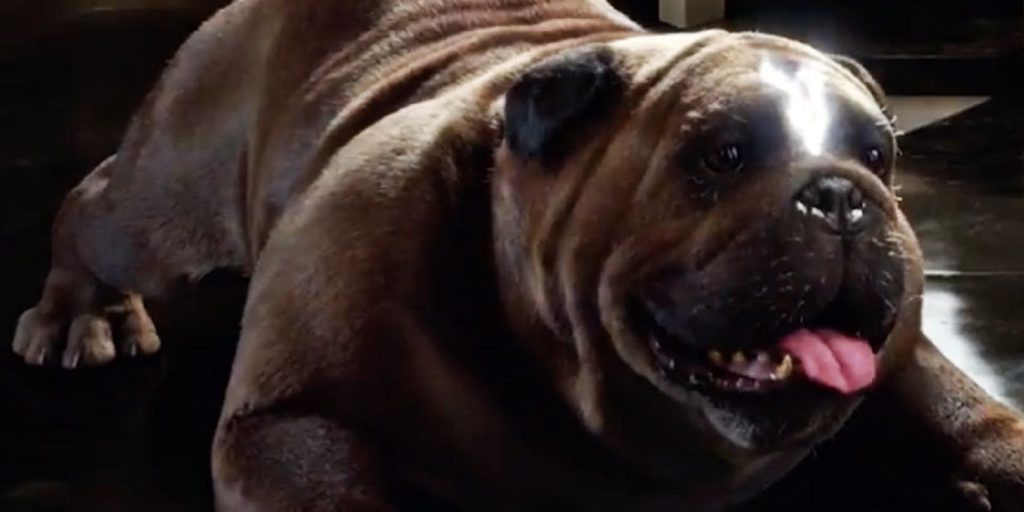
And it’s short.
Weaknesses
Where. To. Start.
Every character is made the least interesting version of themselves possible, whether for budgetary reasons or just utter lack of vision from showrunner Scott Buck, who just a few months ago also failed to deliver an even slightly interesting take on Iron Fist. That he was given a second Marvel show demonstrates flawed leadership at Marvel’s TV branch, even if going from Netflix to network is the equivalent of being sent down to the minors. Right, the characters…
Medusa has super-strong prehensile hair, so of course that’s taken away from her immediately as Maximus shaves her down to a buzzcut. Sure her CG hair couldn’t have been cheap, and it looked bad, but the fact remains that they swiftly took away her most notable feature, and made it really rapey when they did it, and goddamn you guys that wasn’t cool. Karnak is a master strategist, so by the end of episode one, he walks off a cliff, I say again the master strategist walks off a cliff, and suffers a head injury that compromises his power. Black Bolt, king of Attilan, is overthrown inside of half an hour. Maximus, in the comics, is an insane genius, brilliant but untrustworthy, and here he’s just a power-mad douche incapable of thinking anything through. Eldrac is a person who got turned into a wall that can open portals and they barely even touch on that. Crystal… I don’t know much about comics-Crystal but she must have had more going on than looking cute in shorts. She couldn’t have less going on than she does here.
Look, every comic book show eventually does “Are they still a hero without their powers,” but a) it’s always a drag, and b) they don’t make it the whole first season. But this is just where our problems start.
Every single aspect of the show is punishingly bland at best. The dialogue is bad, the acting mediocre, the effects cheap, the characters uninteresting, and while Maximus is insufferably terrible it’s hard to ignore that fact that he seems to be right about everything. He doesn’t want to live under a genetic-lottery caste system and thinks maybe forcing 1400 people to live in cramped hiding on the moon isn’t the best call, and he’s right on both fronts. It takes 10,000 individuals to maintain genetic diversity. With 1400 people in Attlian it’s amazing that the Inhumans aren’t as inbred as an Austrian duke by now.
Sure, there’s apparently another reason they live in hiding, some larger danger hinted at repeatedly in the finale, hints almost assured to never be paid off, but it’s the Kree. They were hiding from the Kree, the aliens who created them, and in season two of Agents of SHIELD made it clear they thought that was a mistake worth erasing, that’s the deal, fuck you for making a show this bad and thinking you could lure us in to wanting a second season with such obvious cliffhanger-bait.
Medusa and Black Bolt keep wanting to give Maximus one more chance to turn things around despite him taking every opportunity to not be worth it. It gets old.
And it’s not a recent development, either. A flashback to Maximus and Blackagar’s youths shows young Blackagar moping about not wanting to be king, while his brother keeps shouting “I do! I’ll be king!” And when their father says no, it has to be the elder brother, Maximus literally says “But if he dies, I get to be king, right?” And Father-of-the-Millennium lets it slide. Sure, pal, nothing to worry about there.
The human scientist who teams up with Medusa is trying so hard to channel Arrow’s Felicity Smoak that I can only think of her as Faux-licity. Also she might be in love with Medusa. A more interesting show would have run with that.
My only theory is this. Head of Marvel Entertainment, Ike Perlmutter, has been desperate to introduce the Inhumans to the MCU as a replacement for the Fox-owned mutants (even though the Inhumans are terrible replacements for the X-Men, do not work as metaphors for oppressed minorities, and Fox’s The Gifted is proving why mutants do it better on a weekly basis). He tried to force Kevin Feige to make an Inhumans movie, only for Feige to break away from the rest of Marvel Entertainment and cancel the movie the second he didn’t have to report to Perlmutter anymore. So Ike made it into a TV series. Maybe, maybe Jeph Loeb, head of Marvel TV, knew that the only way they were going to shut Ike up about the damn Inhumans was to make the show, but make it Fant4stic bad so that the concept would lose appeal. And so they hired the Iron Fist guy to write it.
I mean that’s the only explanation that makes sense to me. They screened the pilot on IMAX. They read the script, saw the dailies, and then still felt comfortable putting the worst thing Marvel Studios has ever, ever done onto the largest screens possible and charged people money. I don’t see how that happens unless they are actively trying to fail.
High Point
…Um… “Make Way For… Medusa,” maybe? They finally managed to add a character I enjoyed, even if he’s one of the bad guys.
Low Point
“…And Finally: Black Bolt.” The season (and gods willing series) finale managed to be just as excruciatingly bland and pointless as the pilot while delivering a thoroughly unsatisfying conclusion (seriously, the final scene was entirely dull) and spending too much time setting up a second season that I cannot imagine anybody actually wants at this point.
MVP
Lockheed the giant dog, I guess.
Tips for next season
Fuck you. I shall think of this show as cancelled until ABC’s May upfronts confirm it as so, and then I will think of it no more.
Overall Grade: F
Like, it’s not even fun bad.
Gonna have to finish series five of Doctor Who just to wash that crap-fest out of my brain.

